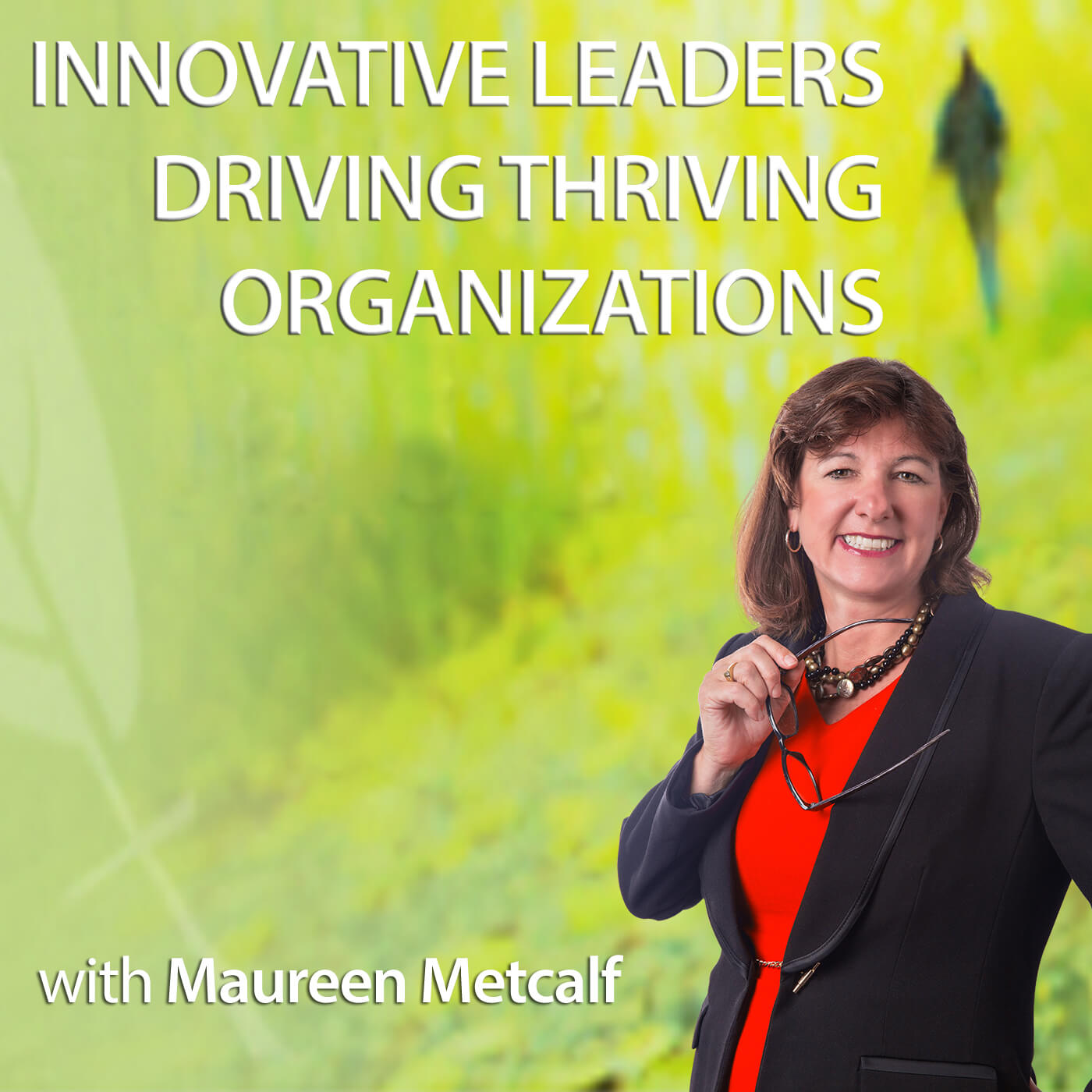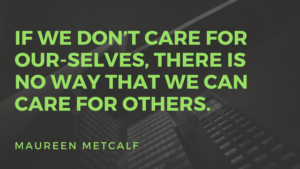This blog post is the companion to a VoiceAmerica interview with Mark Palmer and Belinda Gore, Building Resilience, A Key Foundation For Change aired August 22, 2017.
As the person who curates this blog, I try to balance sharing the work of our radio show guests and other thought leaders with my own opinions. This is one of the weeks where I am sharing my own opinion as it relates to current affairs and the need for resilience.
During the past week, the United States has seen the escalation of threats with North Korea about the use of nuclear weapons and civil unrest in Charlottesville, Virginia, associated with race and hate. Many of us are trying to find a balanced path to respond to what is happening on the global stage, national stage, local stage, and in our own personal lives. Who we are at our core can really shine through during times of challenge when we take care of ourselves first.
I realize this message is a bit counter to cultural beliefs. Most of us were cautioned against selfishness. We were taught to believe that it connotes self-centeredness, and that anything “selfish” is wrong. Yet, having a sense of self and knowing when and how to care for yourself is the antithesis of being selfish. If we don’t care for our-selves, there is no way that we can care for others. I think of the inflight announcements on planes: In the event of an emergency, please put your own oxygen mask before assisting others.” As leaders, we need to attend to our own resilience foundation so we can respond to our environment on a consistent basis in a manner that is consistent with our values.
Let’s do a small exercise, think about a time you pushed yourself to meet a deadline. It may have meant you didn’t get sufficient sleep. You may have been caffeine powered, or maybe augmented by your favorite sugar source (chocolate for me). Can you recall a time you did this and responded to someone more harshly than usual? Did you need to do damage control later? I have an example of one of these incidents early in my career. I wrote an apology note to my boss for harsh words delivered at 3 a.m. while trying to get a project completed and out the door. I left that company and was hired back two years later.
My new boss handed me my personnel file and my former boss had saved the note. That event lived on in my “file.” While I think it was more a source of banter, it was not my best professional moment.
We all have these moments of stress-related responses. The challenge for all of us, especially in an environment where civility seems to be in short supply in some circles, is to find our own path to sustain our own sense of balance so that we can be the source of civility when it is lacking in our environment. It is during these times that leadership is most critical.
1. Take care of your physical well-being. We know insufficient sleep and a poor diet take a toll on us. Do your best to draw boundaries that will allow you to recharge. I do walking meetings when possible so that I can get some physical activity and sunlight during the work day.
2. Manage your thinking. This one is critical. Research tells us five minutes of negative thinking causes six hours of negative physiological impact on our bodies. I am a strong proponent of mindfulness, just staying aware of what I am thinking and reframing so I can see the positive in challenging situations. I also do scenario planning in which I look at the worst case and plan accordingly; then I feel free to move back to the positive opportunities
I want to create in the world. I use the recordings of Gary Weber and Maryanna Klatt as a strong foundation for how I manage my thinking. I have a daily reflection practice that helps me regroup when life feels challenging.
3. Develop emotional intelligence and a sense of purpose. Emotional intelligence is grounded in our ability to manage our own emotions and respond appropriately to others. For me one of the biggest keys to managing my emotions is to build a routine that allows me to be aware of my emotions and the impact they are having on me. This was one of my weaknesses. I was happy to avoid feeling things and, yet, those feelings still impacted my behavior. When I was unaware of them, the impact could be a negative one (see the earlier reference of the need to apologize to my boss). If we can maintain awareness and metabolize emotions appropriately, we can return our focus to the activities of leading. I don’t mean find better ways to ignore them, I mean working through emotions in a healthy way. For people who will dismiss this as “touchy feely” – don’t discount the impact this skill can have on your ability to stay focused in a positive manner. The other part of this step is to have a sense of purpose that is bigger than yourself and take daily steps toward that purpose—most of them will be small but significant steps.
4. Build a strong support system. Having a network of caring relationships is invaluable. For some people, the network may be one or two. For others, relationships really do look like a web. There is no formula—what is important is that we have at least one honest and authentic relationship and an outlet to support us. Just knowing and feeling the support of others on the days when everything seems wrong is invaluable. Pets are also a great connection and really are a source of unconditional love.
I would like to close this post with a quote that I got by e-mail today from www.gratefulness.org. Part of my resilience practice is to have a regular “diet” of positive information in my life.
“The best way to not feel hopeless is to get up and do something. Don’t wait for good things to happen to you. If you go out and make some good things happen, you will fill the world with hope, you will fill yourself with hope.” —Barack Obama
So, my invitation to everyone reading this is to do something today that supports your resilience. Doing good for others helps build our own sense of well-being and counterbalances the negativity that we all occasionally and circumstantially face.
To become a more innovative leader, please consider our online leader development program. For additional tools, we recommend taking leadership assessments, using the Innovative Leadership Fieldbook and Innovative Leaders Guide to Transforming Organizations, and adding coaching to our online innovative leadership program. We also offer several workshops to help you build these skills.
About the author Maureen Metcalf, CEO and Founder of Metcalf & Associates, is a renowned executive advisor, author, speaker, and coach whose 30 years of business experience provides high-impact, practical solutions that support her clients’ leadership development and organizational transformations. Maureen is recognized as an innovative, principled thought leader who combines intellectual rigor and discipline with an ability to translate theory into practice. Her operational skills are coupled with a strategic ability to analyze, develop, and implement successful strategies for profitability, growth, and sustainability.






